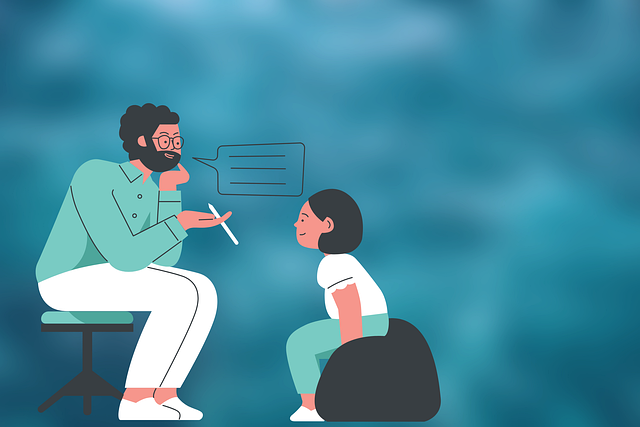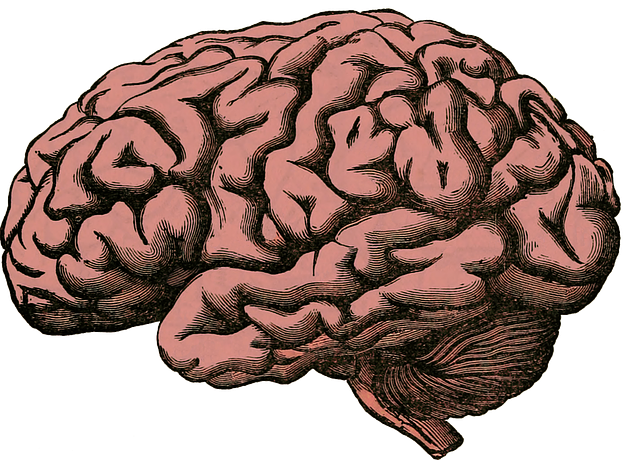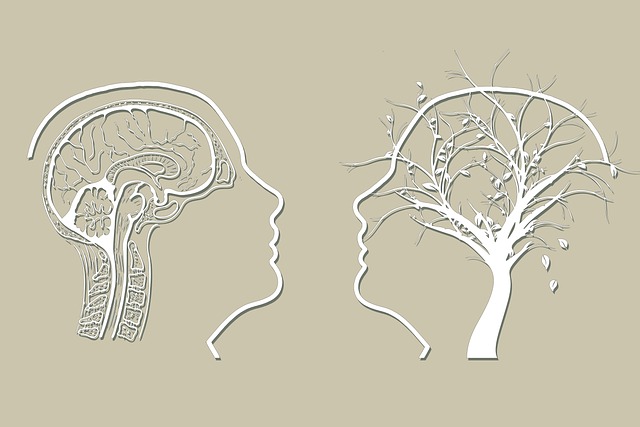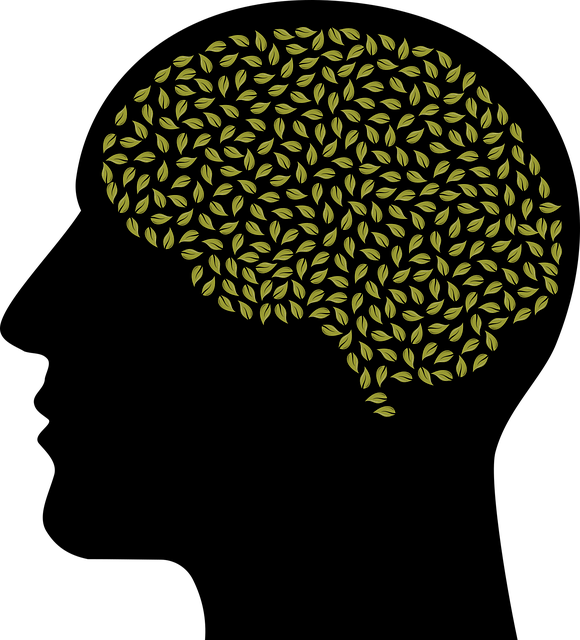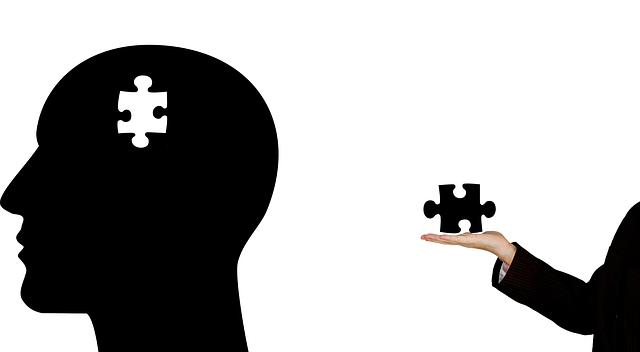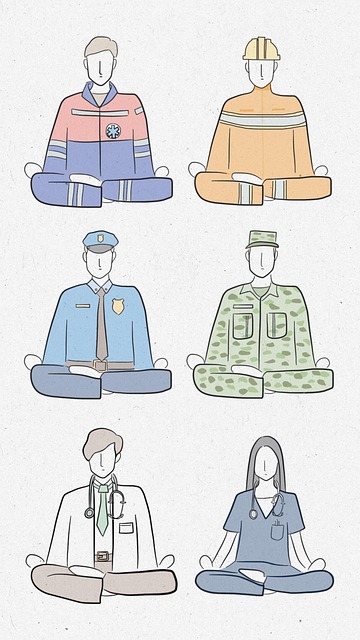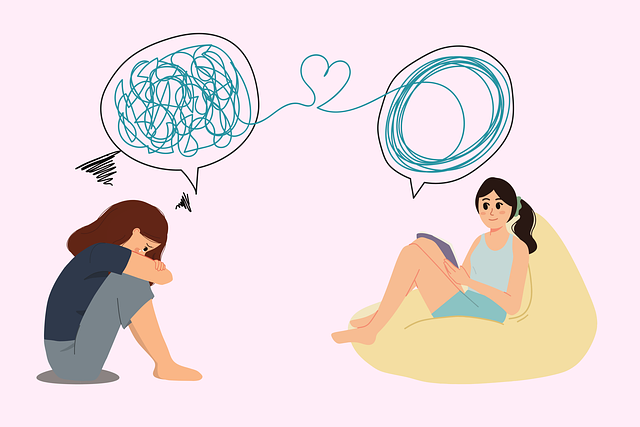Mindfulness meditation is an effective therapy for Hebrew-speaking children, promoting well-being and emotional resilience in today's fast-paced world. By integrating short, age-appropriate guided sessions into daily routines, parents can empower kids to manage stress, anxiety, and strong emotions, fostering healthier coping mechanisms and enhancing overall mental health. This accessible practice offers a valuable tool for therapists supporting children's therapy needs, especially when navigating emotional challenges in a Hebrew-speaking context.
Introducing a mindful journey for children and their families, this article explores the transformative power of mindfulness meditation in Hebrew-speaking homes. Unlocking its potential as a therapeutic tool, we delve into how this ancient practice calms minds and fosters emotional well-being in young individuals. From understanding the basics to practical tips for integration, discover simple ways to bring mindfulness into daily routines, offering a peaceful sanctuary amidst the hustle and bustle of modern life, specifically tailored for Hebrew-speaking families seeking alternative therapy for their children.
- Understanding Mindfulness Meditation for Children
- The Benefits of Mindfulness Practice in Hebrew-Speaking Homes
- Practical Tips to Integrate Mindfulness Meditation into Children's Daily Routines
Understanding Mindfulness Meditation for Children

Mindfulness meditation is a powerful tool that can be introduced to children as an effective therapy for their overall well-being. In today’s fast-paced world, teaching kids to cultivate mindfulness can help them navigate the challenges of daily life with greater ease. This practice encourages children to become aware of the present moment, focusing on their thoughts and sensations without judgment. By engaging in mindfulness meditation, kids learn valuable skills such as stress reduction methods, enhanced communication strategies, and a deeper understanding of their emotions.
For Hebrew-speaking children, incorporating mindfulness can be particularly beneficial. It allows them to connect with their inner selves while also exploring the concept of mind over matter principles. Through guided meditations tailored for their age group, children can develop coping mechanisms to manage stress and anxiety. This ancient practice has modern applications in therapy, offering a peaceful sanctuary where kids can find calm and clarity amidst the hustle and bustle of their lives.
The Benefits of Mindfulness Practice in Hebrew-Speaking Homes

התרגול של מדיטציית מודעות מציע יתרונות רבים למשפחות דוברות עברית, במיוחד בהקשר של בריאות הנפש של ילדים. במציאות העמוסה והלחוצה של ימינו, שילוב טכניקות הרגעה כמו מדיטציה יכול לסייע לילדים לפתח חוסן נפשי ולנהל לחצים יומיומיים. מחקרים מראים כי תרגול מודעות משפר את היכולת להתמודד עם רגשות חזקים, מפחית חרדה ודיכאון, ומקדם תחושת שלווה וריכוז. עבור משפחות דוברות עברית, מדיטציה יכולה להיות כלי עוצמתי לחיזוק הקשרים הבין-אישיים ולקידום תקשורת פתוחה וכנה בתוך הבית.
בנוסף ליתרונות הפסיכולוגיים, תרגול מודעות יכול לתרום גם לרווחתם הכללית של הילדים. הוא מעודד מודעות עצמית, עזרה עצמית ויכולת להקשיב לרצונות הפנימיים, מה שיכול להוביל להחלטות בריאות יותר ולפיתוח זהות חזקה. עבור הורים המעוניינים בשילוב פרקטיקות תומכות בריאות הנפש בחיי המשפחה, מדיטציה יכולה להיות דרך נגישה ומעשית לתרום לרווחה הרגשית של הילדים, במיוחד בהקשר של טיפול בילדים וטיפול רגשי בעברית. אף על פי שזה עשוי להיראות מאתגר, הדרכה מתאימה והיענות לצרכים הייחודיים של המשפחה יכולות להפוך את המדיטציה לחלק אינטגרלי ומשמעותי בחיי הבית, ובכך לתרום לרווחתם הכללית של כל בני המשפחה.
Practical Tips to Integrate Mindfulness Meditation into Children's Daily Routines

Incorporating mindfulness meditation into children’s daily routines can be a valuable tool for fostering emotional well-being and developing essential life skills. To make this practice engaging and effective, consider starting with short, guided sessions tailored to their age group. Children’s minds are incredibly adaptable, making it easier for them to embrace mindfulness concepts when presented in a fun and interactive manner. Incorporate simple breathing exercises or body scans during these sessions to help kids become more aware of their thoughts and sensations without judgment.
For seamless integration, make meditation a consistent part of their existing daily rituals. Before meals, after school, or at bedtime can be ideal times. You can also tie it into activities they enjoy, such as coloring or walking, by encouraging them to focus on the present moment during these activities. Empathy Building Strategies and Mental Health Education Programs Design can benefit greatly from mindfulness, allowing children to develop a deeper understanding of their emotions and those around them. Additionally, providing crisis intervention guidance through regular meditation practice can equip kids with healthy coping mechanisms for stressful situations.
Mindfulness meditation offers a powerful tool for parents and educators aiming to enhance the well-being of children, especially those in Hebrew-speaking homes. By integrating mindfulness practices into daily routines, we can foster better emotional regulation, reduce stress, and promote healthier mind-body connections in kids. The benefits extend beyond individual growth, as mindful children are better equipped to navigate social interactions and academic challenges. As research continues to highlight the positive impact of mindfulness on mental health, especially for therapy for children Hebrew speaking, it’s crucial to provide accessible guidance for its implementation. This article offers practical tips and insights to help make mindfulness meditation an engaging and beneficial part of a child’s life.


